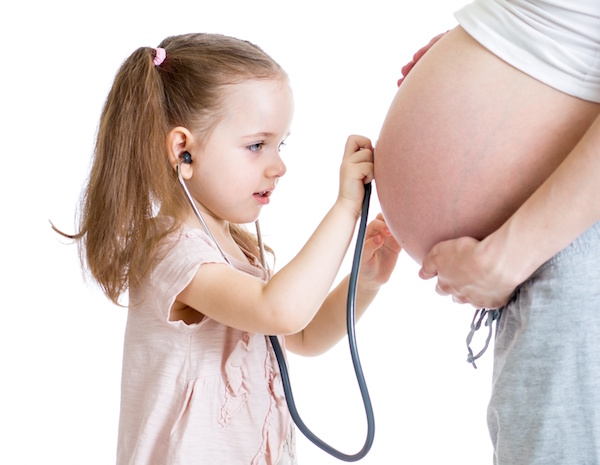FRIDAY, Nov. 11, 2016 (HealthDay News) — Tens of thousands of new mothers eat their placenta, hoping to prevent or reverse iron deficiency after they give birth, a practice called placentophagy.
But a new study says placenta may not provide as much iron as placentophagy advocates suggest.
Eating human placenta in capsule form “neither significantly improves, nor impairs, postpartum maternal iron status for women consuming the recommended daily allowance of dietary iron during pregnancy/lactation,” compared to a dummy pill, the study’s authors concluded.
The placenta, or afterbirth, connects the mother to her fetus in the womb. It supplies oxygen and nutrients to the fetus and hormones to the mother. Nearly all mammals eat it after giving birth, and advocates say human mothers who do so will have more energy, a better mood and a faster recovery after giving birth.
Led by former University of Nevada, Las Vegas, graduate student Laura Gryder, a team tracked 23 women over three weeks. Ten took placenta capsules three times a day for four days after birth; twice a day for the next eight days; and once a day for nine more days. Another 13 women took a dummy pill — containing dried beef — on the same schedule.
Blood tests of both groups found no difference in the women’s iron levels.
The study appears in the Nov. 3 issue of The Journal of Midwifery & Women’s Health.
More information
For more about eating placenta, try the American Pregnancy Association.
Copyright © 2026 HealthDay. All rights reserved.

